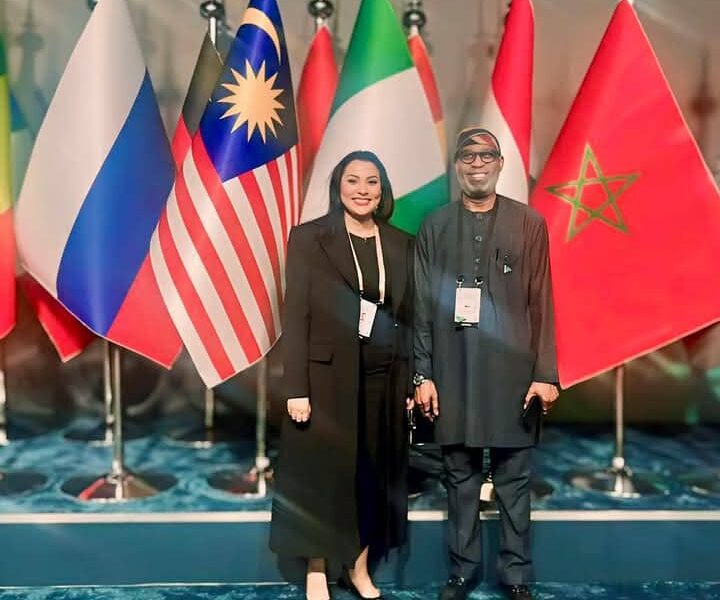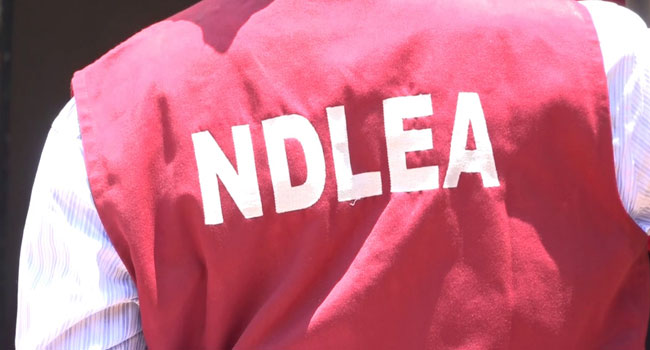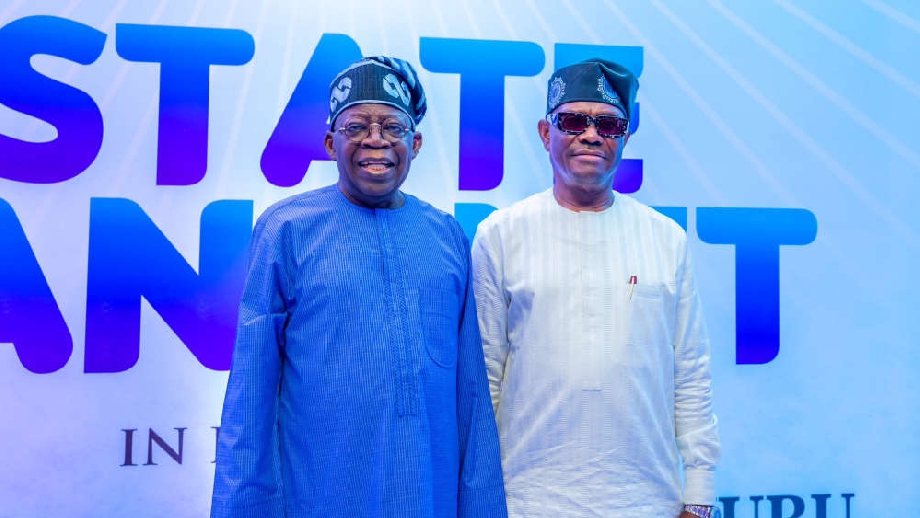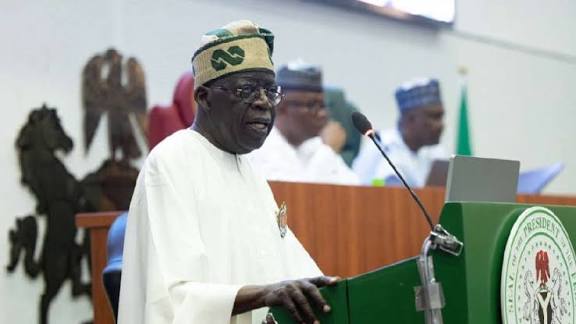Nigeria is making bold moves to position itself as a leader in the global green energy revolution by leveraging its abundant rare earth minerals and fostering strategic global partnerships.
This ambition was on full display at the Future Minerals Forum (FMF) in Riyadh, Saudi Arabia, where Nigerian officials showcased the country’s potential as a sustainable mining powerhouse.
The Honourable Minister of State for Finance, Dr. Doris Uzoka-Anite, led the delegation, which highlighted Nigeria’s untapped wealth in critical minerals essential for renewable energy technologies, such as electric vehicle batteries and wind turbines.
“Nigeria’s resource wealth is unmatched, but our focus is on using these resources to drive innovation, sustainability, and economic transformation,” Dr. Uzoka-Anite said during her address. 
“We are inviting global partners to join us in unlocking the future of sustainable mining and clean energy development.”
Discussions with key Saudi officials, including the Ministry of Energy and the Federation of Saudi Chambers of Commerce, centered on joint ventures to develop rare earth minerals and integrate renewable energy technologies into mining operations.
Wale Tinubu, a prominent Nigerian business leader and energy expert, played a crucial role in facilitating discussions on the role of private-sector innovation in driving Nigeria’s mining transformation. 
“Nigeria’s emphasis on critical minerals aligns with the global demand for cleaner energy solutions,” Tinubu noted.
The Future Minerals Forum, which attracted over 14,000 participants from 178 countries, provided Nigeria with a platform to assert itself as a leader in minerals exploration and green energy solutions.
The Honourable Minister of Solid Minerals, Mr. Dele Alake, emphasized the importance of creating an investor-friendly environment to attract global mining giants: “Our government is committed to policies that ensure transparency, innovation, and community development in the mining sector.”
Unlike conventional mining approaches, Nigeria’s strategy integrates environmental sustainability and local community development. This forward-thinking model aims to position the country as a key player in the global energy transition while ensuring that mining activities benefit Nigerians directly.
Dr. Uzoka-Anite stated, “This isn’t just about tapping into resources; it’s about building a future where mining supports economic growth, environmental protection, and societal progress.”
As the Federal Government rolls out its Renewed Hope Agenda, Nigeria is sending a clear message: it is not only open for business but ready to lead in the sustainable mining and energy sectors.

With global demand for rare earth minerals and clean energy solutions at an all-time high, Nigeria’s proactive approach to sustainable mining could secure its place as a cornerstone in the global supply chain for green technologies.




